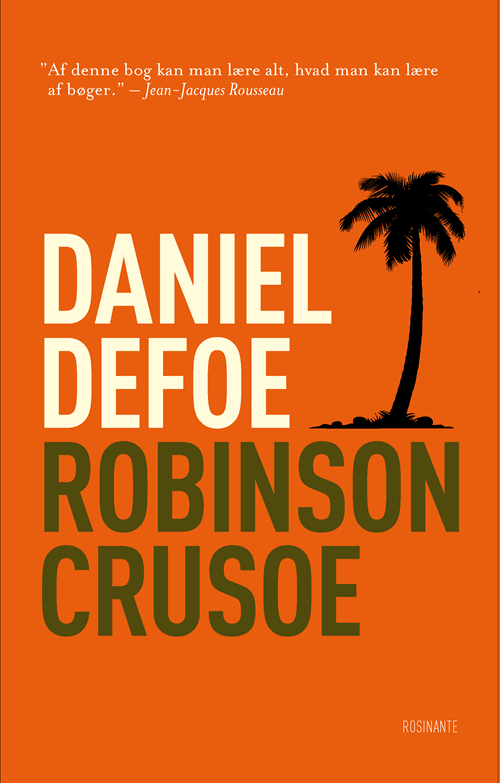- Gratis fragt over 799 kr.
- 3-5 dages levering
- Trustpilot
- Pricerunner
Leveringstid: 3-5 Hverdage
Tragic Workings in Euripides’ Drama
Tragic Workings in Euripides’ Drama offers a substantially new theory and method for understanding Attic tragedy. Starting from anthropological insights, and drawing on Aristotle’s theory of the specific ‘tragic’ reactions of ‘shock and horror’ as well as his propositions on the ‘tragic’ violation of fundamental social values, Des Bouvrie argues that the participating community in fifth-century Greece, for instance at the Dionysia, the Athenian dramatic festival, assembled as a collective body engaging in a program of ‘prescribed sentiments.’ She identifies this program as a ‘tragic process’ that mobilized the audience into revitalizing their institutional order, the unquestionable values sustaining the oikos and preserving the polis.Des Bouvrie’s novel, not to say revolutionary, and explicitly ‘anthropological’ approach, consists in focusing primarily on the ‘tragic workings’ of Attic tragedy. While Euripides is singled out – with astute readings of Heracleidae, Andromache, Hecuba, Heracles, The Trojan Women, Iphigenia in Tauris and Iphigenia at Aulis on offer – the author’s earlier work on other Greektragedians suggests that these features were operating in the genre as such. For students and scholars interested in ancient Greek tragedy, this volume constitutes a remarkable contribution. It will significantly further studies of the tragic genre as well as stimulate new debate.
310,44 kr.
På lager: På lager
Forfatter: Synnøve des Bouvrie
Varenummer: 9788763545952
Sidetal: 446
Sprog: eng
Format: Indbundet
Kategorier: Engelsk, non-fiction, div., Bøger
Tragic Workings in Euripides’ Drama offers a substantially new theory and method for understanding Attic tragedy. Starting from anthropological insights, and drawing on Aristotle’s theory of the specific ‘tragic’ reactions of ‘shock and horror’ as well as his propositions on the ‘tragic’ violation of fundamental social values, Des Bouvrie argues that the participating community in fifth-century Greece, for instance at the Dionysia, the Athenian dramatic festival, assembled as a collective body engaging in a program of ‘prescribed sentiments.’ She identifies this program as a ‘tragic process’ that mobilized the audience into revitalizing their institutional order, the unquestionable values sustaining the oikos and preserving the polis.Des Bouvrie’s novel, not to say revolutionary, and explicitly ‘anthropological’ approach, consists in focusing primarily on the ‘tragic workings’ of Attic tragedy. While Euripides is singled out – with astute readings of Heracleidae, Andromache, Hecuba, Heracles, The Trojan Women, Iphigenia in Tauris and Iphigenia at Aulis on offer – the author’s earlier work on other Greektragedians suggests that these features were operating in the genre as such. For students and scholars interested in ancient Greek tragedy, this volume constitutes a remarkable contribution. It will significantly further studies of the tragic genre as well as stimulate new debate.
| Vægt | 1104 g |
|---|---|
| Størrelse | 33 × 185 × 245 mm |
| Forlag | Museum Tusculanums Forlag |
| Udgivelsesdato | |
| Forfatter |
Relaterede varer
-
Bestsellers
Tour de Force
124,95 kr.Original price was: 124,95 kr..99,96 kr.Current price is: 99,96 kr.. Tilføj til kurv -
prisvogter
A Life on Our Planet
125,95 kr.Original price was: 125,95 kr..100,76 kr.Current price is: 100,76 kr.. Tilføj til kurv -
prisvogter
My Mechanical Romance
82,95 kr.Original price was: 82,95 kr..66,36 kr.Current price is: 66,36 kr.. Tilføj til kurv
- Stort udvalg
- Fri fragt ved køb over 799,-
- Levering ned til 1-2 hverdage
- Nem retur
- 30 dages returret
Tragic Workings in Euripides’ Drama
Forfatter: Synnøve des Bouvrie
SKU: 9788763545952
310,44 kr.
Leveringstid: 3-5 Hverdage
Kategorier: Engelsk, non-fiction, div., Bøger
Format: Indbundet
Sprog: eng
Sidetal: 446
Tragic Workings in Euripides’ Drama offers a substantially new theory and method for understanding Attic tragedy. Starting from anthropological insights, and drawing on Aristotle’s theory of the specific ‘tragic’ reactions of ‘shock and horror’ as well as his propositions on the ‘tragic’ violation of fundamental social values, Des Bouvrie argues that the participating community in fifth-century Greece, for instance at the Dionysia, the Athenian dramatic festival, assembled as a collective body engaging in a program of ‘prescribed sentiments.’ She identifies this program as a ‘tragic process’ that mobilized the audience into revitalizing their institutional order, the unquestionable values sustaining the oikos and preserving the polis.Des Bouvrie’s novel, not to say revolutionary, and explicitly ‘anthropological’ approach, consists in focusing primarily on the ‘tragic workings’ of Attic tragedy. While Euripides is singled out – with astute readings of Heracleidae, Andromache, Hecuba, Heracles, The Trojan Women, Iphigenia in Tauris and Iphigenia at Aulis on offer – the author’s earlier work on other Greektragedians suggests that these features were operating in the genre as such. For students and scholars interested in ancient Greek tragedy, this volume constitutes a remarkable contribution. It will significantly further studies of the tragic genre as well as stimulate new debate.
| Vægt | 1104 g |
|---|---|
| Størrelse | 33 × 185 × 245 mm |
| Forlag | Museum Tusculanums Forlag |
| Udgivelsesdato | |
| Forfatter |
Relaterede varer
-
prisvogter
It’s Not Summer Without You
114,95 kr.Original price was: 114,95 kr..89,95 kr.Current price is: 89,95 kr.. Tilføj til kurv -
Andet i skønlitteratur på engelsk
We All Have Our Secrets
85,95 kr.Original price was: 85,95 kr..68,76 kr.Current price is: 68,76 kr.. Tilføj til kurv
- Stort udvalg
- Fri fragt ved køb over 799,-
- Levering ned til 1-2 hverdage
- Nem retur
- 30 dages returret










